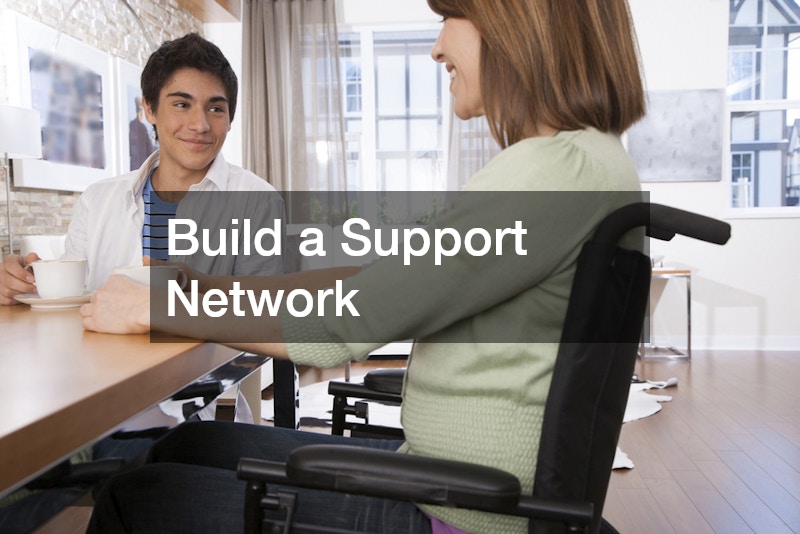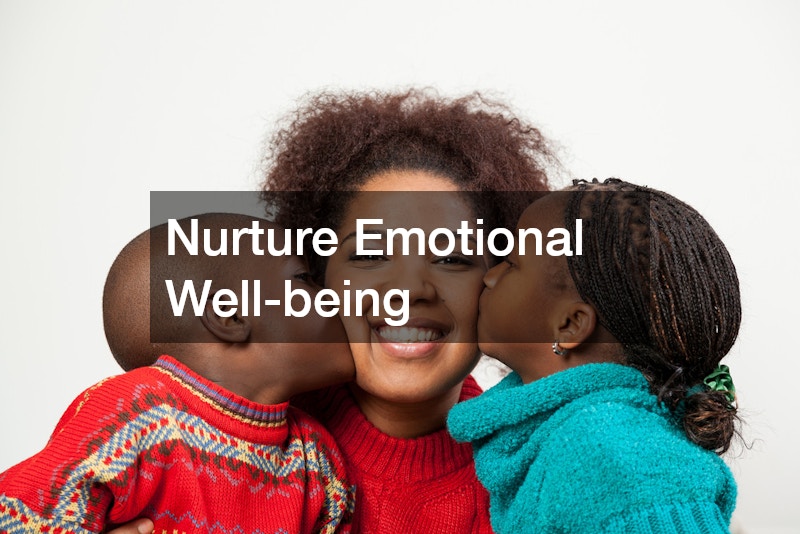
A Mothers Self Care The New Parent Guide for Disabled Parents
Becoming a new parent is a life-changing experience, full of joy, challenges and countless adjustments. For mothers with disabilities, the journey can be even more complex, as daily tasks and routines may require additional planning and support. Prioritising self-care is not a luxury—it’s essential for maintaining physical health, emotional well-being and the energy needed to care for a child. By recognising your own needs, seeking help when necessary and making small adjustments to daily routines, you can create a sustainable and nurturing environment for both yourself and your baby.
Self-care for disabled mothers doesn’t just mean rest and relaxation; it involves practical strategies, emotional support and finding services and tools tailored to your unique situation. Whether it’s managing household responsibilities, accessing specialist services or connecting with other parents, taking intentional steps to look after yourself ensures that you can fully engage with the joys of motherhood. This guide explores key strategies that parents with disabilities can implement, from prioritising health to building supportive networks and adapting living spaces. Every small action can contribute to a more balanced and fulfilling parenting experience.
Prioritise Your Health

Maintaining your health is the foundation of effective self-care for any mother, especially for a parent navigating the physical and emotional demands of early motherhood. Prioritising nutrition, exercise and sleep supports both your well-being and your ability to care for your child. This can involve simple lifestyle adjustments, such as planning balanced meals, integrating gentle exercise and scheduling downtime to rest. Mothers with disabilities may face unique health challenges that require extra attention, making proactive self-care even more important.
Specifically, focusing on manageable goals, such as gradual weight loss or improving mobility, can be empowering. Consulting a healthcare professional for personalised advice ensures your plan is safe and realistic. Weight loss doesn’t have to be extreme or fast—it’s about creating habits that enhance energy levels, mental clarity and overall health. For disabled new parents, even minor improvements in physical well-being can make daily parenting tasks more manageable, from lifting and bathing a child to keeping up with a busy routine.
Manage Daily Tasks
Daily routines can feel overwhelming for any parent, but mothers with disabilities often require additional planning and assistance. Managing tasks efficiently is a crucial aspect of self-care, as it reduces stress and allows more time for rest and meaningful interactions with your child. Breaking responsibilities into smaller, achievable steps, using adaptive tools and creating structured schedules can help maintain balance and prevent burnout.
Accessing disability support services can make a tangible difference. This may include in-home assistance, mobility aids or professional guidance on adapting tasks to your abilities. Engaging with disability support programs provides practical strategies for everyday challenges, such as meal preparation, household chores or child care. Utilising these services can help new parents feel more independent and confident while ensuring their needs—and the needs of their child—are met effectively.
Build a Support Network

A strong support network is a vital part of self-care for parents. Family, friends and community groups provide emotional encouragement, practical help and a sense of connection. For mothers with disabilities, building relationships with those who understand your challenges can reduce isolation and provide guidance on managing parenting responsibilities. Regular social interactions also promote emotional resilience and well-being.
Daycare services can be an important part of this network. Choosing a quality daycare facility allows you to take short breaks for rest, appointments or self-care while knowing your child is safe and cared for. Many daycare providers are experienced in supporting children with diverse needs and can offer insights and reassurance to new parents. This specific support helps disabled mothers maintain a balance between their own needs and parenting responsibilities, contributing to overall well-being for both mother and child.
Adapt Your Environment
Creating an accessible and comfortable living environment is essential for self-care and smooth daily routines. For parents with disabilities, thoughtful home adaptations can reduce physical strain, increase independence and improve safety. Adjusting furniture, installing mobility aids and organising essential items for easy access all contribute to a more functional and stress-free home.
In some cases, specialised services, such as a skin clinic, can be integrated into self-care routines. Regular visits for skin health, especially for mothers who may have mobility limitations or sensory sensitivities, ensure comfort and prevent complications. Incorporating these services into your routine demonstrates how adapting your environment extends beyond physical accessibility—it also includes proactive health measures that support your overall well-being as a parent.
Nurture Emotional Well-being

Caring for your mental and emotional health is a cornerstone of self-care for any mother, particularly for a new parent facing the additional pressures of disability. Emotional well-being involves managing stress, acknowledging feelings and finding healthy outlets for expression. Mindfulness practices, journaling or simply taking quiet moments for yourself can help maintain balance and reduce anxiety.
Specific strategies can include incorporating small acts of joy into your routine, such as visiting a florist or creating a mini indoor garden. These simple gestures provide sensory stimulation, relaxation and a sense of accomplishment. By nurturing emotional well-being through both intentional practices and everyday pleasures, disabled parents can maintain resilience, confidence and positivity while caring for their child.
Self-care is essential for new parents, particularly for mothers with disabilities who face unique physical and emotional challenges. Prioritising health, managing daily tasks, building supportive networks, adapting your environment and nurturing emotional well-being are all key strategies that empower mothers to thrive. Utilising resources like disability support, daycare and specialised services, while integrating small moments of joy and self-care, ensures a balanced and sustainable approach to parenting. By intentionally caring for themselves, disabled parents can provide the best possible care for their children while maintaining their own health, confidence and happiness.


